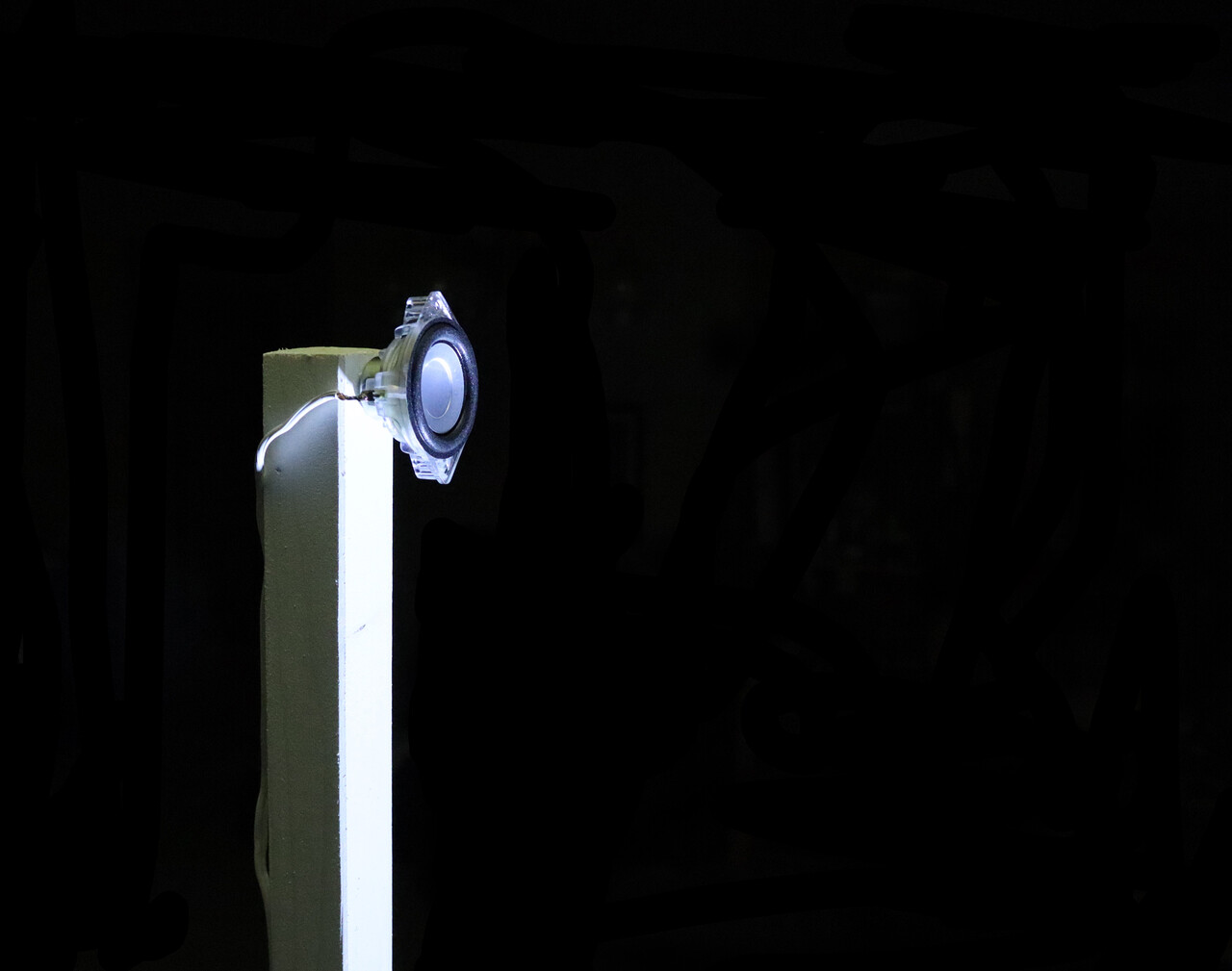OPEN CALL: Master’s in Sound Art-Composition at Johannes Gutenberg University Mainz
 In 2009, the Mainz School of Music became the pioneer among German universities to introduce a degree program in Sound Art-Composition. Founded by the internationally renowned sound artist Prof. Peter Kiefer, the master’s degree in Sound Art is mostly conducted in English and is designed for musicians, composers and artists who wish to refine their artistic skills in the realm of sound art.
In 2009, the Mainz School of Music became the pioneer among German universities to introduce a degree program in Sound Art-Composition. Founded by the internationally renowned sound artist Prof. Peter Kiefer, the master’s degree in Sound Art is mostly conducted in English and is designed for musicians, composers and artists who wish to refine their artistic skills in the realm of sound art.
The course is open to artists of all fields who would like to work creatively in the field of Sound Art-Composition. The course has a strong focus on projects and has an interdisciplinary design. Participants will be encouraged to contribute and develop their own experience in the field. The degree program is built upon the most current advancements in the intersection of music and art, which have been evolving over the past twenty years, and offers the opportunity to explore and develop projects in a variety of settings. Emphasis is placed on sounds in spatial settings, particularly public spaces. During their studies participants will create sound installations and will develop concert and media concepts for performances.
Upon completing the master’s degree program in Sound Art-Composition, participants will be equipped to independently engage in high-level artistic work and develop innovative concepts within the realm of sound art. They will possess the qualification to work as an independent artist, expressing their unique artistic vision, creating artistic works for museums, galleries or major festivals. Additionally, the skills acquired throughout the program can be effectively applied in various professional domains, including media and media production, as well as consulting and conceptual design for projects.
The program is tuition-free, with only a small administrative fee of around 350 euros per semester. Students benefit from one-to-one tutoring lessons, working together in a small group of international students you will be engaged in the production of new artistic works for exhibitions and festivals, group symposiums, among other activities. Additionally, the program has hosted guest professors of international reputation, such as Lawrence Abu Hamdan, Jacob Kirkegaard, Miya Masaoka, Bernhard Leitner, Andres Bosshard, Kaspar König, Stefan Fricke, etc. More here. Also a cooperation with the project for sound research ARS art_reseach_sound has proven fruitful in the past.
If you already hold a master’s degree you also can apply for Meisterschüler (postgraduate course): four semesters (two years).
Applicants for the Master program with foreign qualifications are required to validate them with the university before submitting their formal application. For detailed information on the validation process, please visit here.
Required documents
– A degree in music or art from a university, college of music, or an equivalent institute in Germany or abroad, obtained through a diploma degree program, Bachelor’s degree program, or comparable degree program. (The admission of applicants with another degree course is possible in cases of high level of artistic aptitude.)–Curriculum Vitae
– Proof of English skills, which can be demonstrated through test certificates or a conversation with the Board of Examiners during the aptitude test.
– Letter explaining your motivation for applying to this degree program.
– Portfolio containing relevant activities, such as exhibitions, concerts, and compositions.
– Sketch of the planned artistic project to be implemented during the degree program.
Application deadline (for applicants with foreign qualifications): September 10 / Application deadline (with a German degree): November 1.
Email: studienbuero-hfm@uni-mainz.de.
The Mainz School of Music is part of the Johannes Gutenberg University Mainz. Such integration is unique in Germany and the extensive offers of the university such as a comprehensive sports program, free visits to the opera, Studium Generale, etc. are also open to music students.
The city of Mainz is located in a cosmopolitan and lively environment and is a media and business hub of international importance. The Rhine-Main region also has much to offer culturally: four opera houses, numerous theaters, symphony orchestras, choirs, festivals and two public television and radio stations.
When making music, it is natural for people to work together across national borders. That’s why the university fosters a welcoming culture and fellow students from all countries are valued and seen as an enrichment to life on campus.
